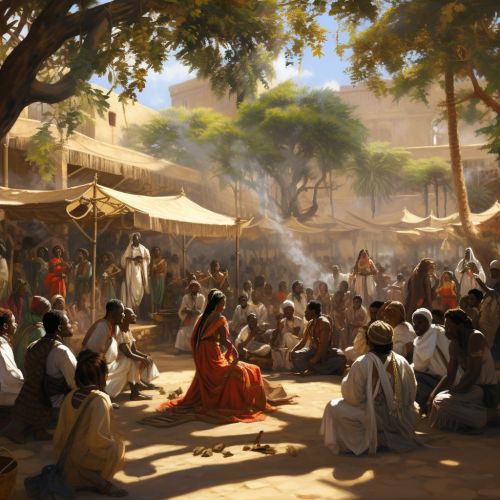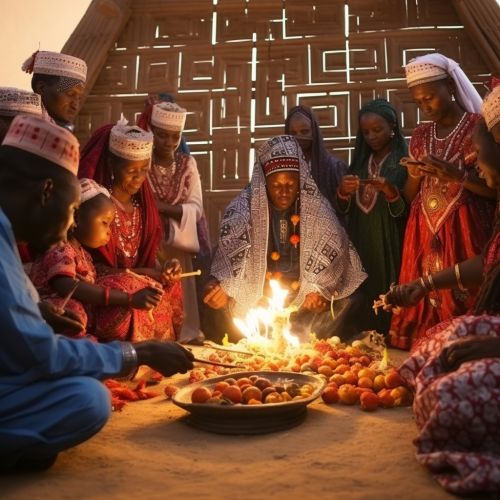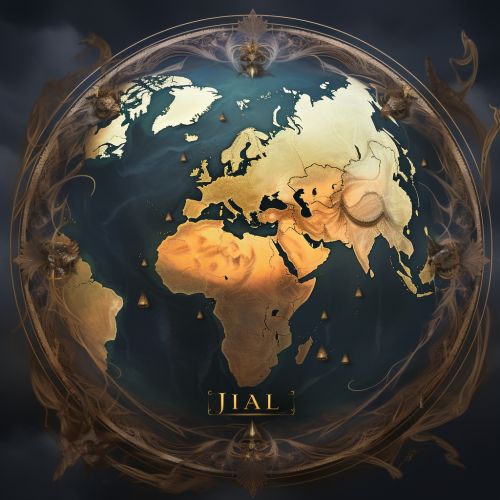Ilali
Introduction
Ilali is a term of significant cultural importance in various societies around the globe. The term is often associated with spiritual and philosophical concepts, and is frequently used in the context of cultural studies, anthropology, and linguistics. The understanding and interpretation of Ilali can vary greatly depending on the cultural and societal context in which it is used.


Etymology and Usage
The term Ilali has roots in multiple languages and cultures, making it a complex and multifaceted term. In some cultures, Ilali is a name, while in others it is a term used to describe certain philosophical or spiritual concepts. The term has also been adopted in various forms by different linguistic groups, further adding to its complexity and richness.


Cultural Significance
Ilali holds a significant place in many cultures, often associated with spiritual, philosophical, or societal concepts. It is frequently used in the context of discussions about cultural identity, societal norms, and philosophical debates. The term's wide usage and varied interpretations reflect its deep-rooted significance in these cultures.


Interpretations in Different Cultures
Culture A
In Culture A, Ilali is often associated with spiritual beliefs and practices. It is considered a sacred concept, and is often used in religious ceremonies and rituals. The term is deeply ingrained in the cultural fabric of this society, and plays a significant role in shaping the spiritual identity of its people.


Culture B
In contrast, in Culture B, Ilali is primarily used in the context of philosophical discussions. It is a term that encapsulates complex philosophical ideas and theories, and is often used in academic and intellectual circles. The term's usage in this culture reflects its intellectual richness and depth.


Conclusion
The term Ilali, with its rich cultural and linguistic roots, serves as a fascinating example of the complexity and diversity of human cultures. Its varied interpretations and uses across different societies highlight the richness of human thought and the profound impact of cultural and societal contexts on language and meaning.


